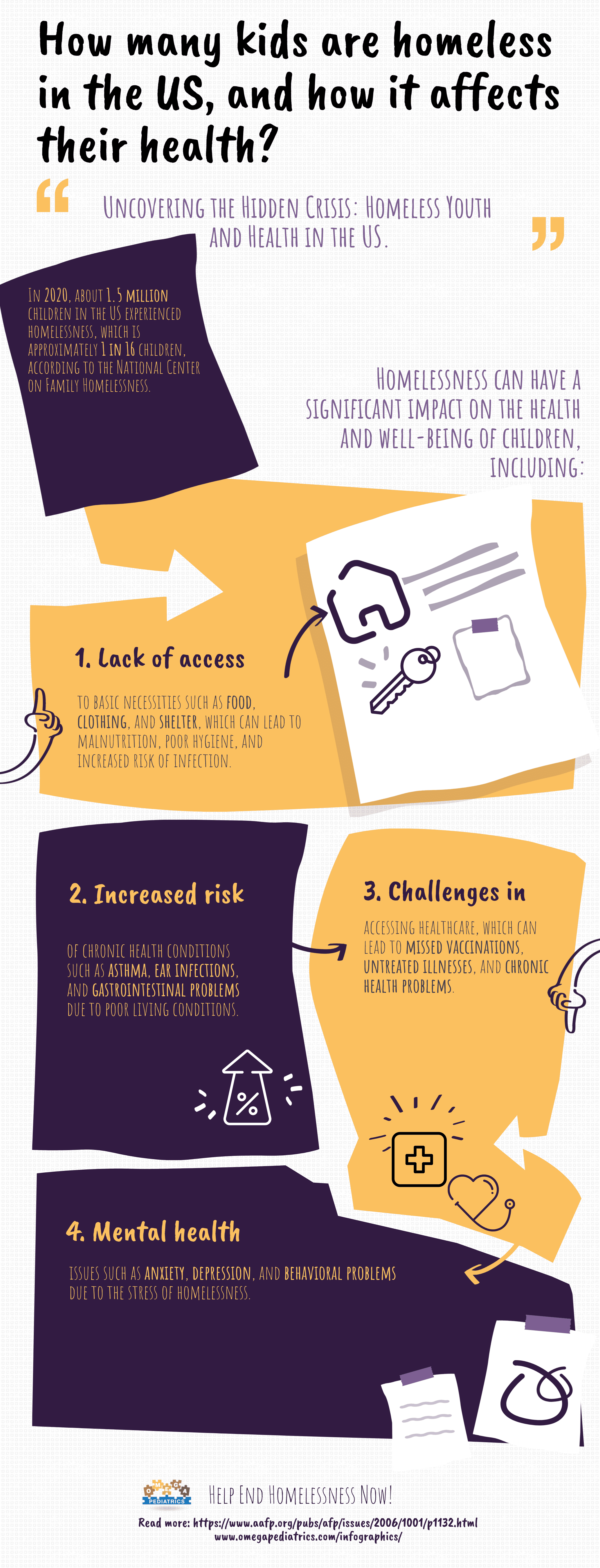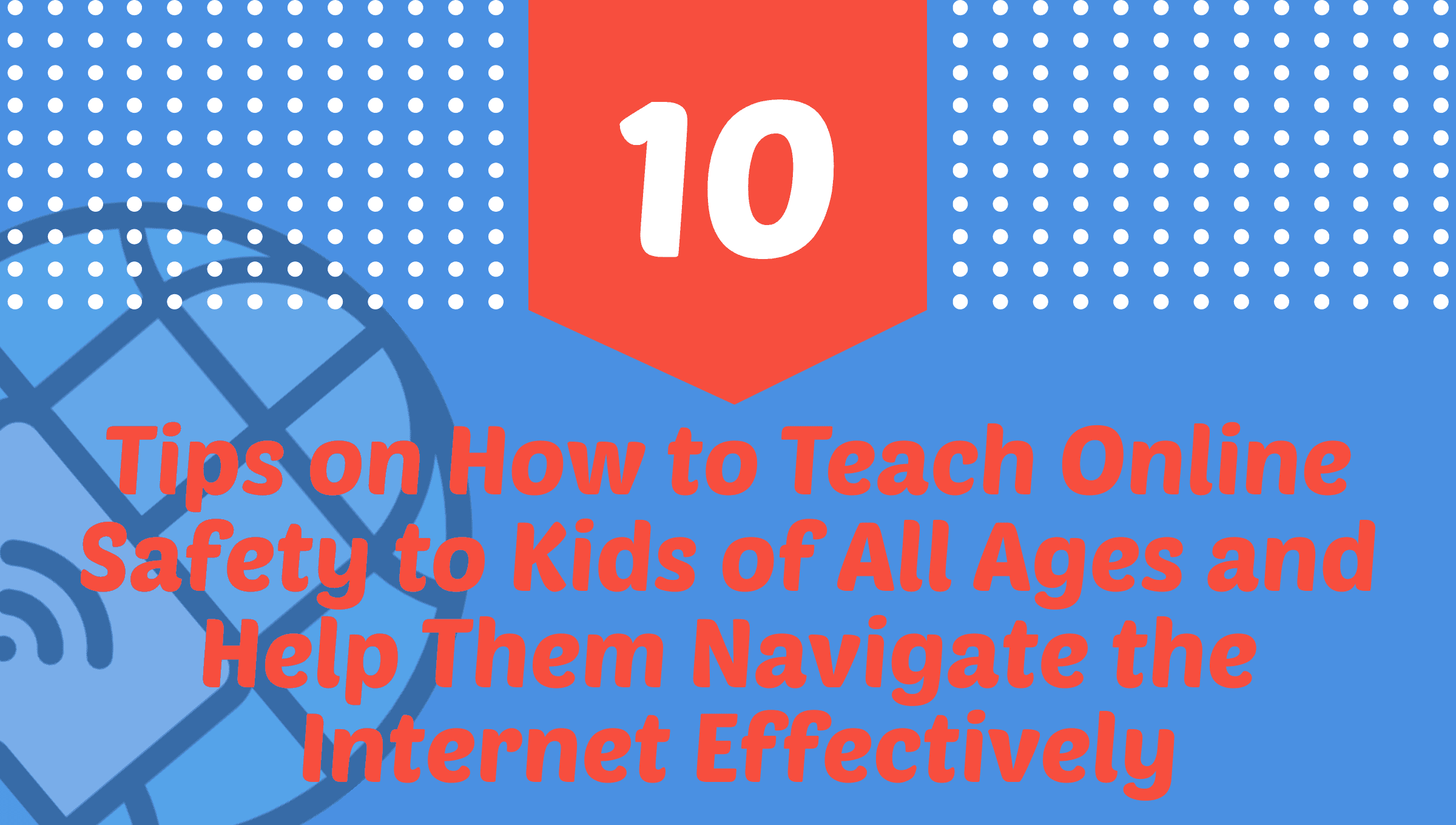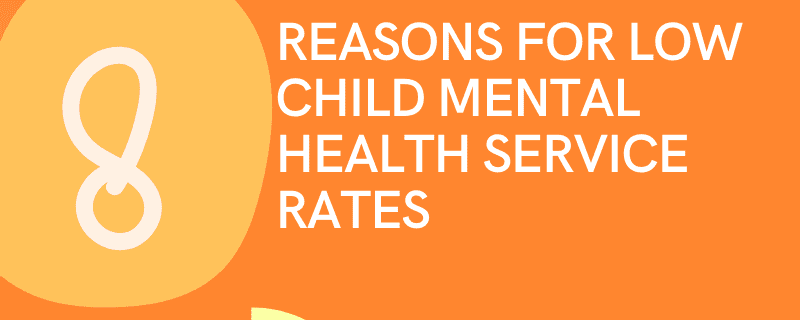
The number of homeless children in the US varies year to year, but according to the National Center on Family Homelessness, in 2020, approximately 1 in 16 children experienced homelessness in the US. This translates to around 1.5 million children who were homeless at some point during the year.
Homelessness can have a significant impact on the health and well-being of children. Homeless children often lack access to basic necessities such as food, clothing, and shelter, which can lead to malnutrition, poor hygiene, and increased risk of infection. They are also more likely to experience chronic health conditions such as asthma, ear infections, and gastrointestinal problems due to poor living conditions.
Homelessness can have a significant impact on the health and well-being of children, including:
- Lack of access to basic necessities such as food, clothing, and shelter, which can lead to malnutrition, poor hygiene, and increased risk of infection.
- Increased risk of chronic health conditions such as asthma, ear infections, and gastrointestinal problems due to poor living conditions.
- Challenges in accessing healthcare, which can lead to missed vaccinations, untreated illnesses, and chronic health problems.
- Mental health issues such as anxiety, depression, and behavioral problems due to the stress of homelessness.
The Scope of Child Homelessness in the US
The number of homeless children in the US fluctuates ananually, and according to the National Center on Family Homelessness, around 1 in 16 children experienced homelessness in 2020. This equates to approximately 1.5 million children who faced homelessness at some point during the year.
Health Implications of Child Homelessness
Homelessness significantly impacts the health and well-being of children, creating a multitude of challenges:
- Lack of Basic Necessities: Homeless children often lack access to fundamental needs such as food, clothing, and shelter, leading to issues like malnutrition, poor hygiene, and increased vulnerability to infections.
- Chronic Health Conditions: Due to poor living conditions, homeless children are more susceptible to chronic health problems, including asthma, ear infections, and gastrointestinal issues.
- Healthcare Access Challenges: The transient nature of homelessness poses challenges in accessing healthcare, resulting in missed vaccinations, untreated illnesses, and the development of chronic health issues.
- Mental Health Impact: The stress of homelessness contributes to mental health issues in children, manifesting as anxiety, depression, and behavioral problems.
Conclusion: Addressing the Urgent Need
Child homelessness poses a severe threat to the health and development of young individuals. Urgent and comprehensive support and intervention strategies are required to address this critical issue. By providing stable housing, access to healthcare, and addressing the root causes of homelessness, society can work towards ensuring a healthier and more secure future for these vulnerable children.



